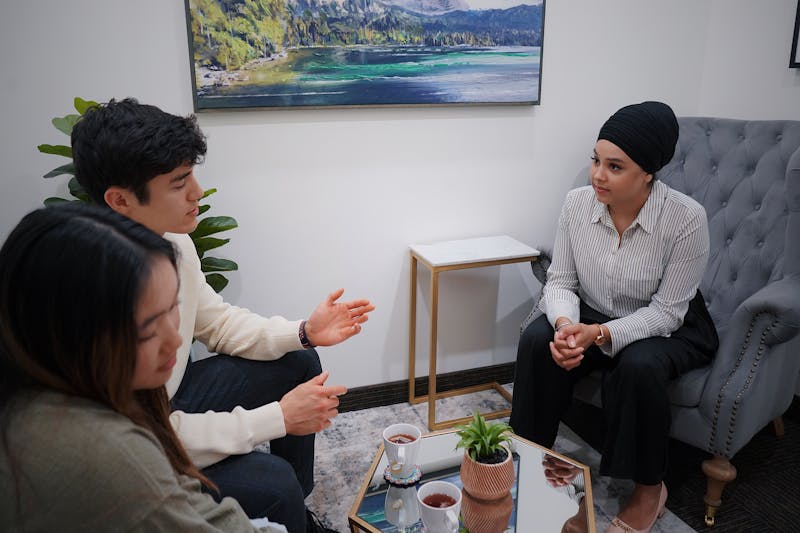
Family Mediation
Reasons to try mediation:
- If it is hard to talk to your former partner about things you know you have to discuss;
- if you are concerned about the impact of the breakup on your children and how best to manage this;
- if you are unsure or confused about the legal side of things;
- if you feel you need help to sort out issues related to property, finances, pensions
Mediation can help you:
- Decide where the children will live
- Sort out contact arrangements
- Work out financial support
- Divide your property and other assets
- Communicate in a constructive way as parents in the future
Normally, if you are separating or thinking of making an application to the court, you must show that you have considered the possibility of attending mediation.
You will need to attend a Mediation Information and Assessment Meeting (MIAM). Usually you will attend this meeting on your own and you will have the opportunity to tell the mediator the situation from your point of view, what you need to resolve and the mediator can inform you about mediation. They will also discuss with you whether you might be eligible for legal aid so that you do not need to pay for mediation.
If you decide to start mediation you will generally have joint sessions. The mediator will help you draw up an agenda of what you need to sort out, typically :
- how to deal with the family home,
- a fair division of the assets,
- how to deal with any debts,
- financial support, especially for the children and
- the children’s living arrangements
In mediation you will be helped to consider the available options in ways which are sensible, realistic, workable and fair.
You must be prepared to be open and honest. If you have children they need to be put first. Together you can organise things to help them cope in the short term. Long-term mediation can help you both ensure they maintain the best possible relationship with both parents.
On average, couples have between two and four sessions of mediation, each session lasting about an hour to an hour and a half. After each mediation session couples are usually sent a written summary of all proposals discussed.
At the end of the mediation process couples are usually provided with two documents: an Open Summary of Financial Information and a Memorandum of Understanding.
Open Statement of Financial Information – this is based on a complete disclosure of all financial information. It is an essential factual document for any separating couple, which will be required if there is to be a final financial resolution either by legal separation or divorce.
Memorandum of Understanding – this sets out mutually acceptable proposals for settlement. This document is not legally binding. Each party may wish to take separate legal advice on the Memorandum of Understanding. Its proposals may be incorporated within a legally binding agreement or form the basis of a consent order in divorce.
Family mediation is a voluntary process and if it does not work for you, you can consider other options, such as making an application to the court.
If your relationship has been abusive, read Should I go to Mediation if there has been Violence
Information provided by Progressive Mediation, a low cost Bristol mediation service.

